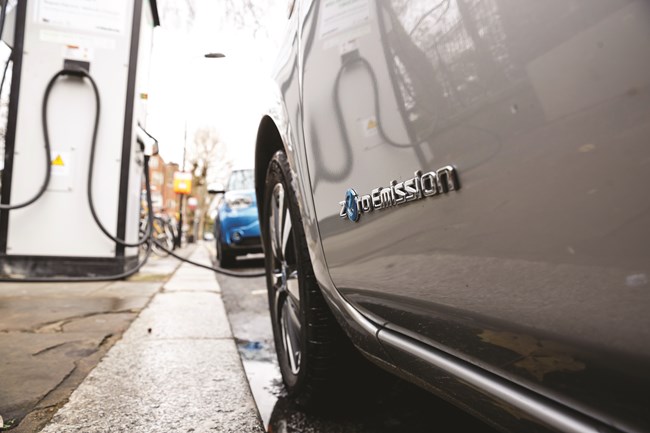
The start point for the best source of fleet information |
Data essential for EV and hybrid adoption, Fleetcheck says
Date: 11 June 2019 | Author: Sean Keywood

Reliable data is essential in making a business case for increased adoption of electric vehicles (EVs) and hybrids on fleets.
That's according to software firm Fleetcheck, whose managing director Peter Golding said that while an increasing number of businesses were starting to operate a handful of these cars on a trial basis, many were failing to monitor their use.
He said this then makes it difficult for them to pursue more widespread adoption.
Golding said: "In many organisations, there has been a conversation between the financial director and managers responsible for the fleet where they have agreed to try out EVs and plug-in hybrids (PHEVs) on an experiential basis with a view to wider adoption.
"However, the ways in which this is being done are quite often not very structured.
"There is limited effort put into working out the best applications for this technology and teaching drivers how to use it effectively. Especially, there is little gathering of good quality data."
Golding said that in a surprising number of cases fleets did not record the vehicles' real world performance, and instead relied on official manufacturer figures, which he said had little relevance.
He continued: "Our view is that there needs to be a combination of on-the-road information gathered through telematics, and careful analysis of this data using fleet software."
Golding said one area this could help was with understanding the disparity often found between official and real world figures for PHEVs.
"With reliable data and thorough analysis, you can look at why this is happening and try to close the gap - is it a question of driving style or perhaps the type of journeys being undertaken?
"Can action be taken that improve these issues? For fleets that view plug-in hybrids as a long-term replacement for diesels, these questions are important."
Golding added that similar thinking could be applied to EVs, especially for questions such as whether range and charging times affected work efficiency.
"A driver who adopts an EV as a company car and then complains about how they spend half their day looking for the nearest, free charger could negatively affect perceptions across an entire fleet," he said.
"What is needed instead is detailed and relevant analysis that helps managers make decisions about which drivers have business travel patterns that fit well with the abilities of EVs and, as with PHEVs, accurate real world data is essential to do this.
"Only by compiling information and building an economic and operational case can fleets push their organisations towards wider EV and hybrid adoption. Unless they are able to do this, acceptance of these vehicles could very possibly be restricted."










